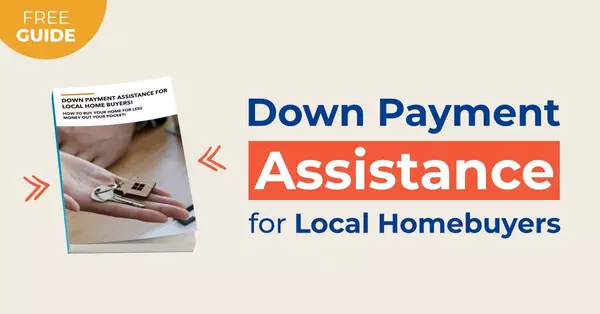Short Sale: What Should You Do?

Life can throw unexpected curveballs—job loss, medical bills, or economic shifts can make it tough to keep up with mortgage payments. If you’re in this boat, you might’ve heard the term short sale or pre-foreclosure. But what does it really mean? And more importantly, what should you do?
What is a Short Sale?
A short sale happens when a homeowner sells their property for less than the amount owed on their mortgage. The lender agrees to accept the reduced amount to avoid the lengthy and costly process of foreclosure.
It’s not an ideal scenario, but it can be a smart move under the right circumstances.
✅ Pros of a Short Sale:
-
Avoid Foreclosure: Protect your credit score from a serious hit.
-
More Control: You can often stay in the home while it's on the market.
-
Faster Financial Recovery: You may be able to buy another home sooner than if you go through foreclosure.
⚠️ Cons of a Short Sale:
-
Requires Lender Approval: Not all lenders will agree to a short sale.
-
Credit Impact: While better than foreclosure, it still affects your credit.
-
No Profit: You won’t receive any proceeds from the sale.
💡 What Are Your Best Options?
If you’re facing financial hardship, don’t panic—you have options. From loan modification and refinancing to government assistance programs, understanding all your choices can help you make the best decision for your future.
Want to dig deeper into how a short sale works, when to consider it, and how to protect your credit and financial future?
👉 Click here to get the full guide now! ✅
Need help understanding your specific situation? A local real estate expert can guide you through the process and help you avoid costly mistakes.
Categories
Recent Posts










GET MORE INFORMATION

